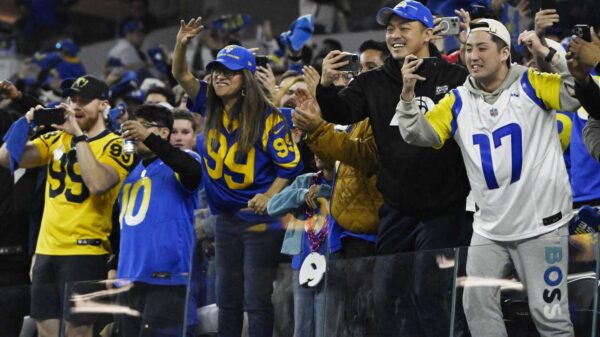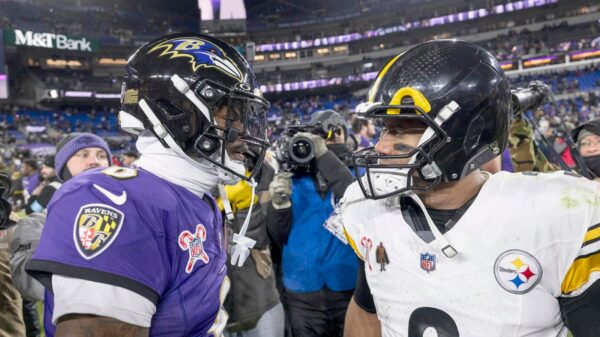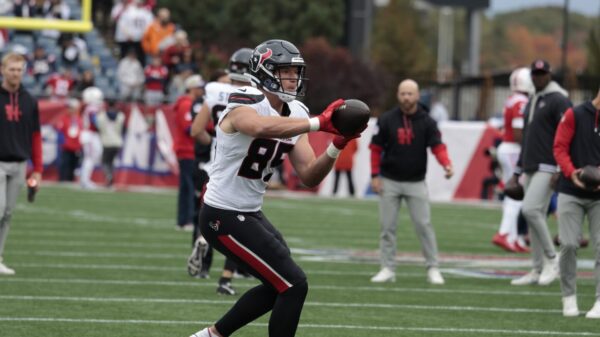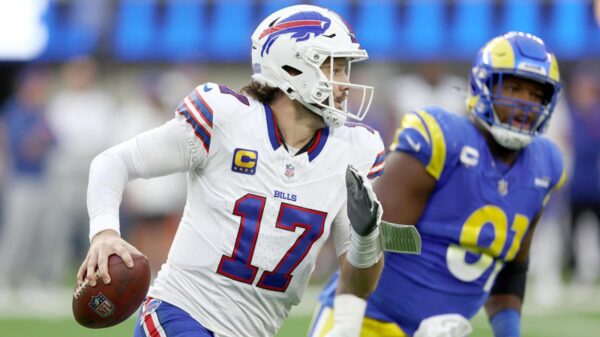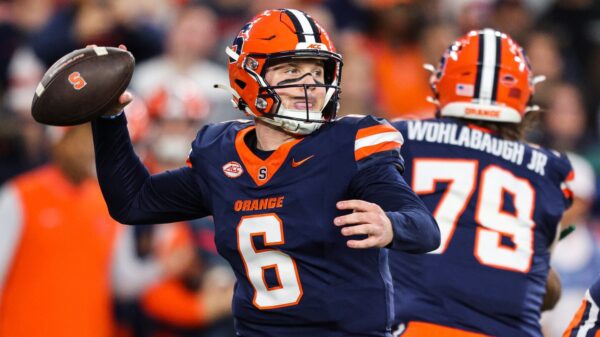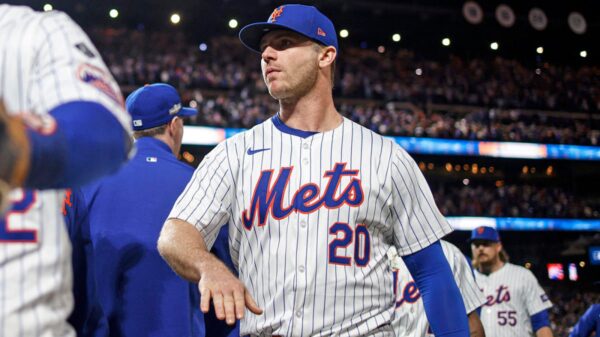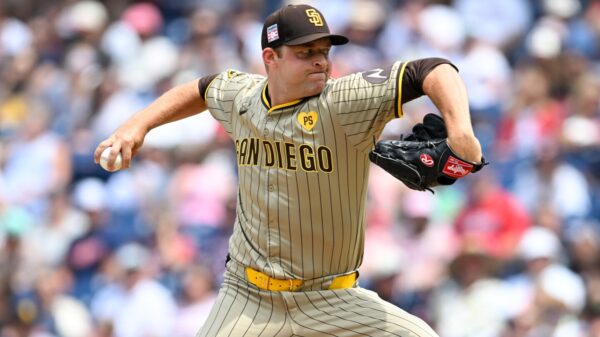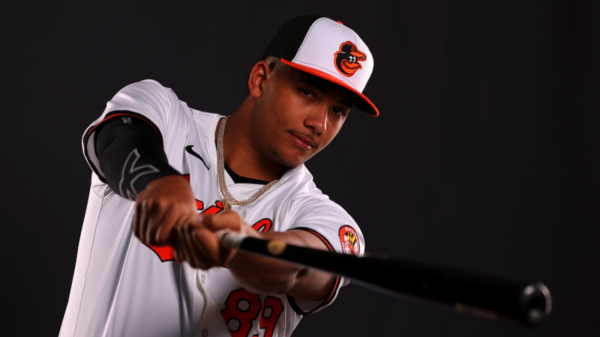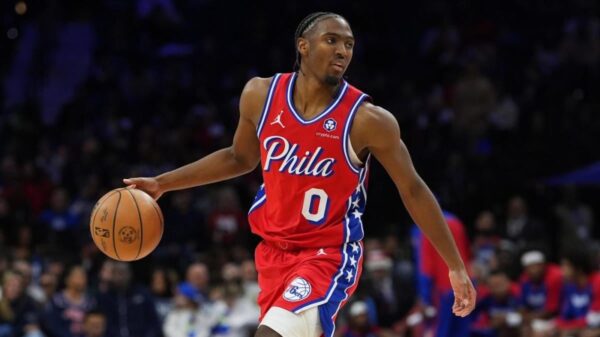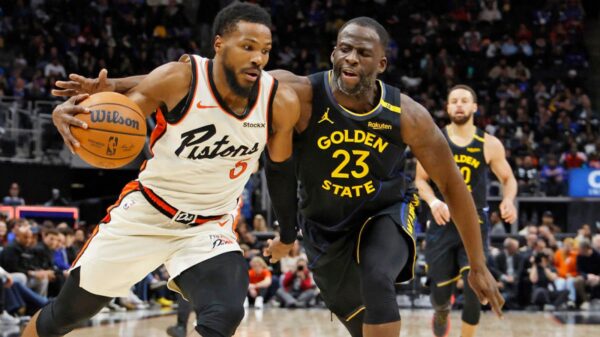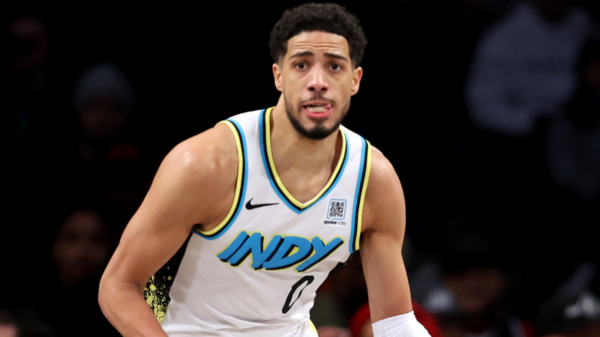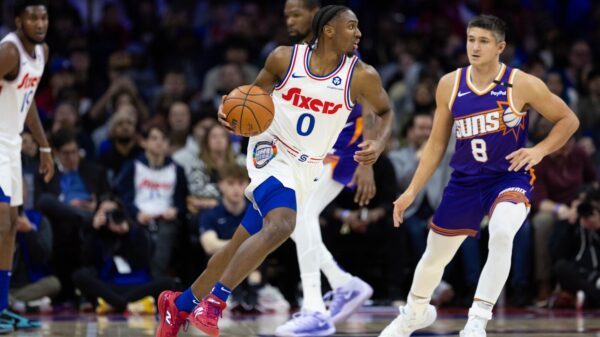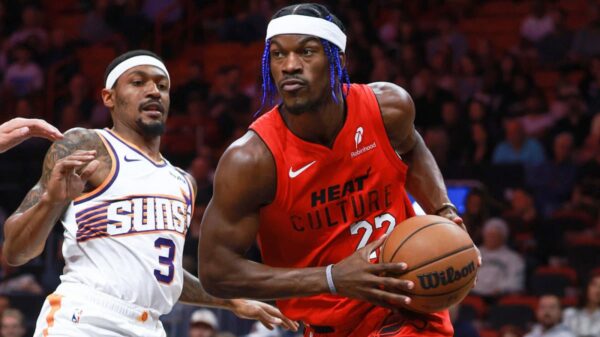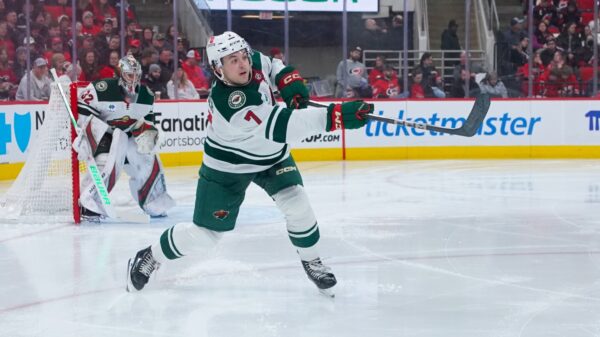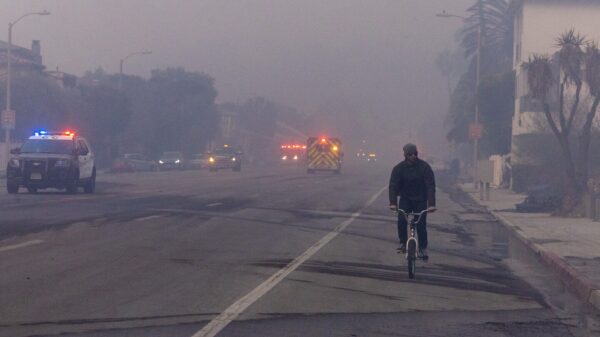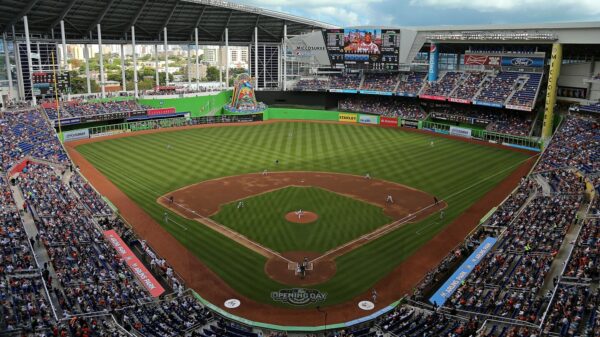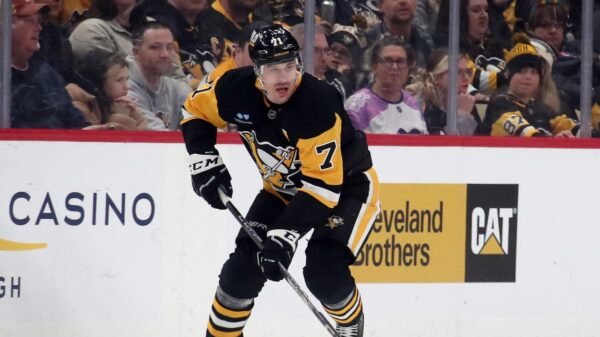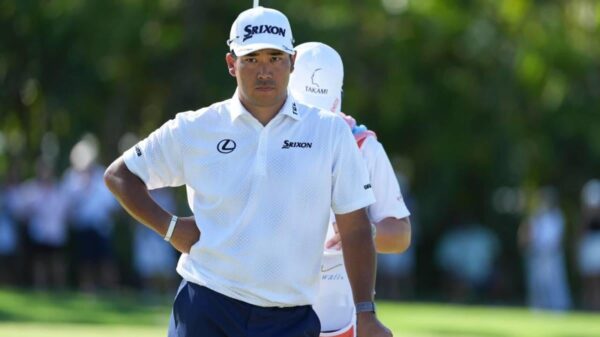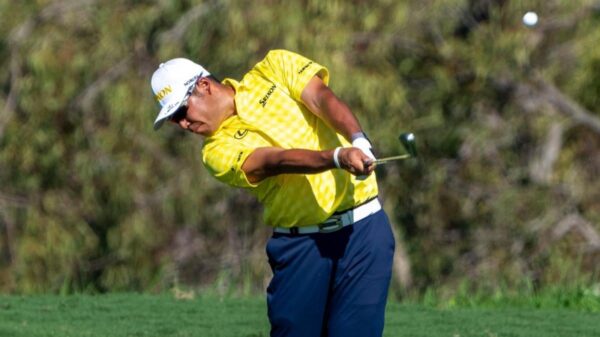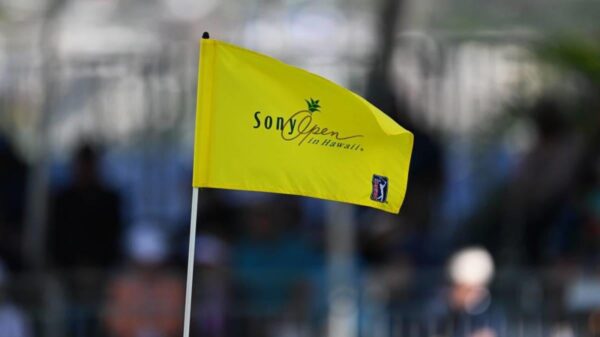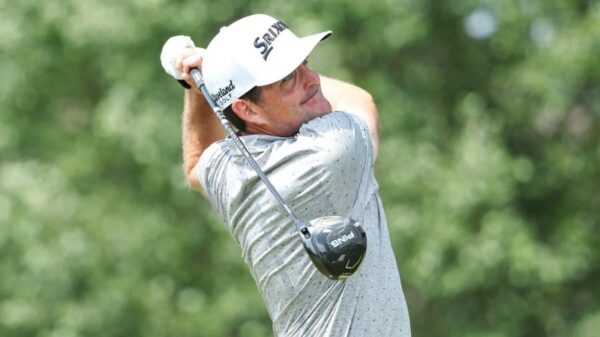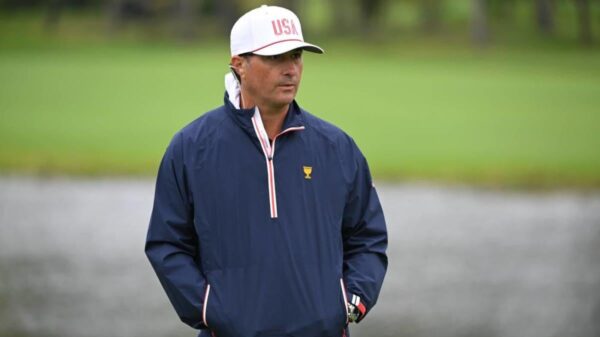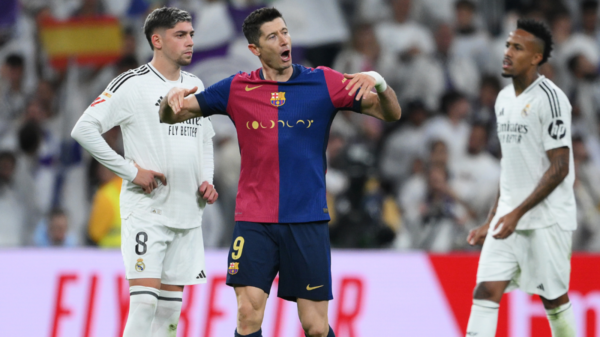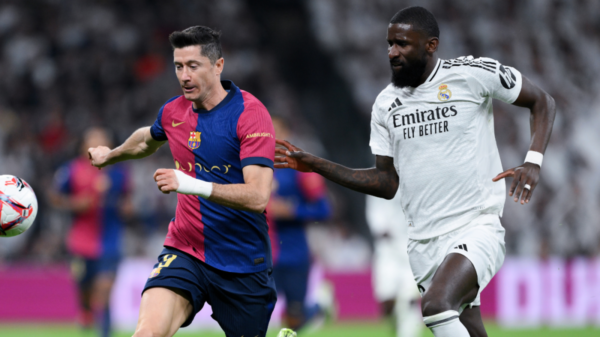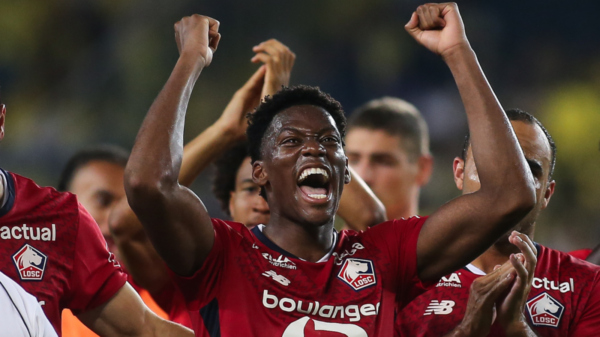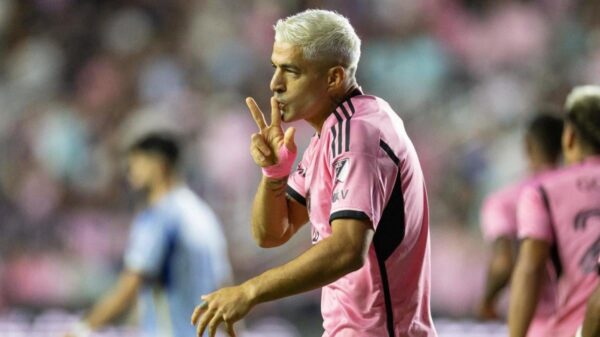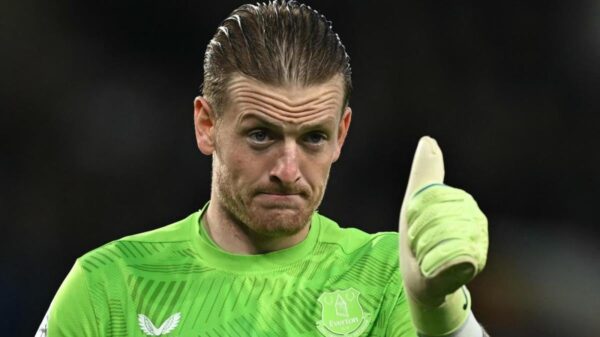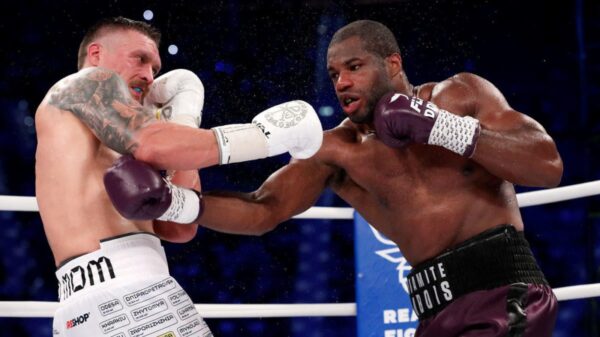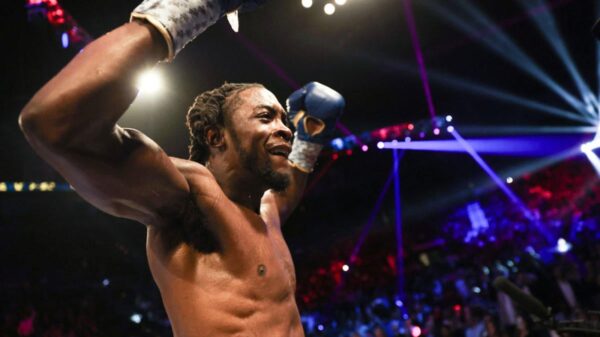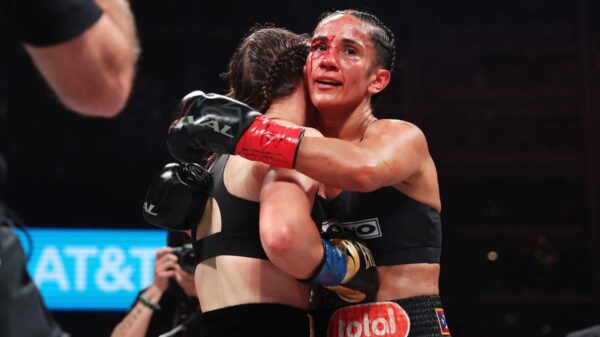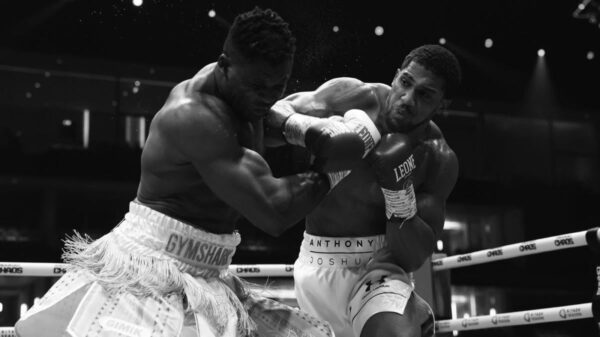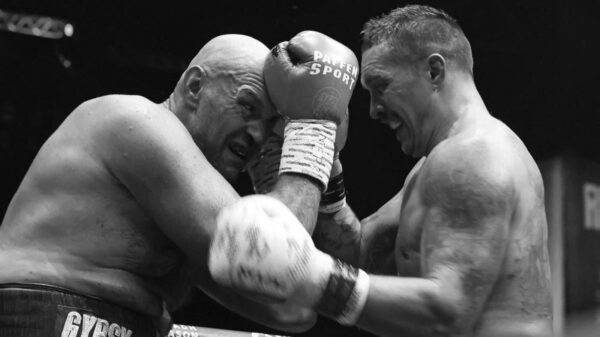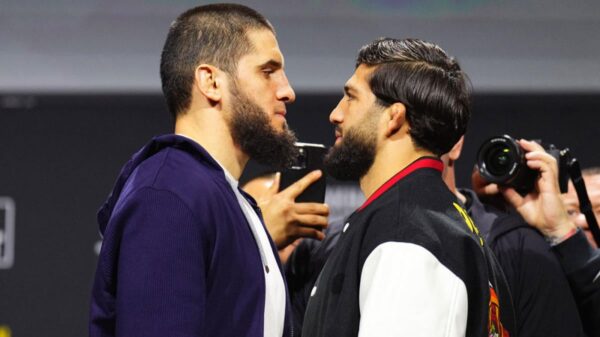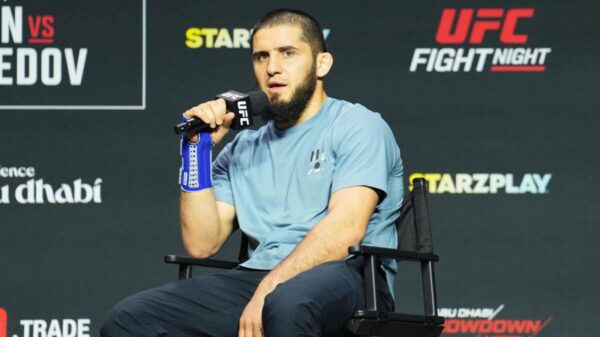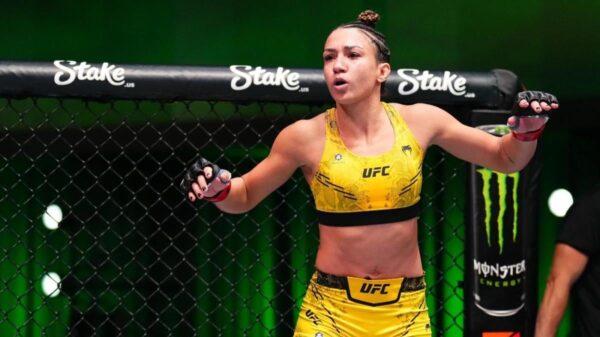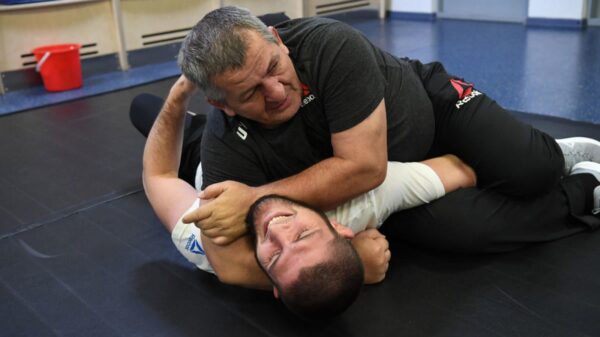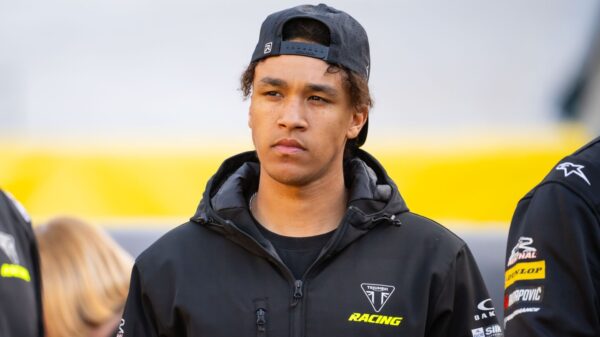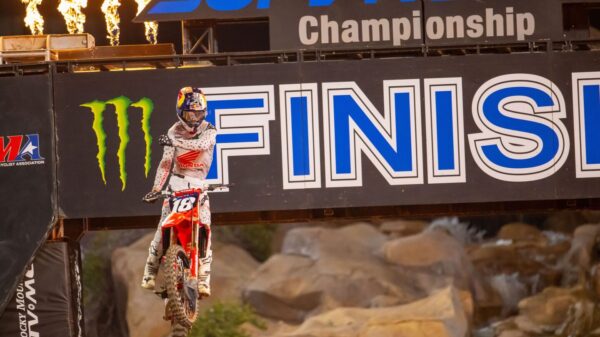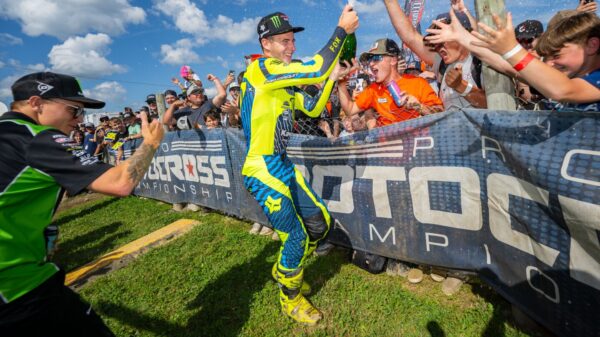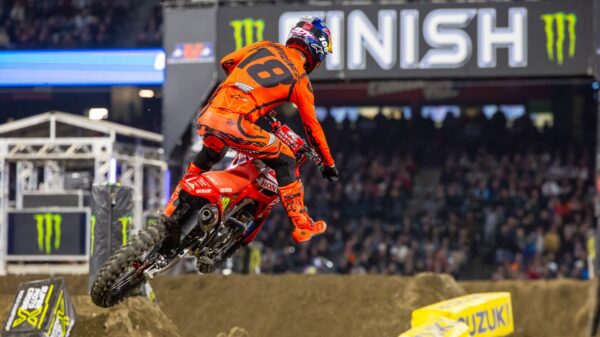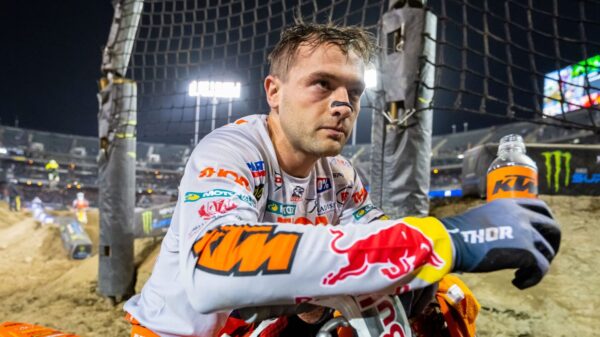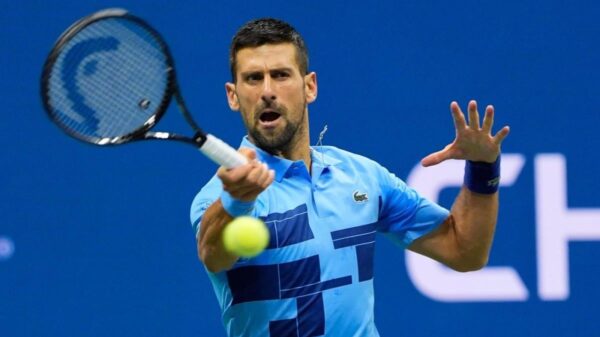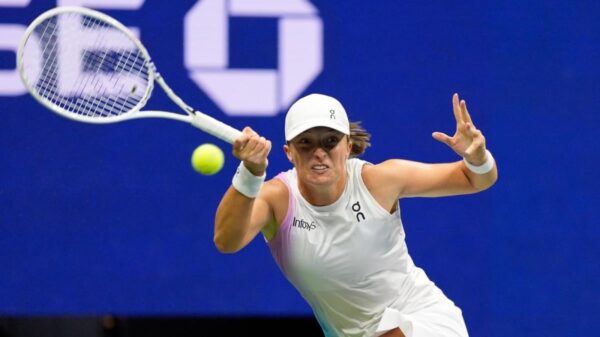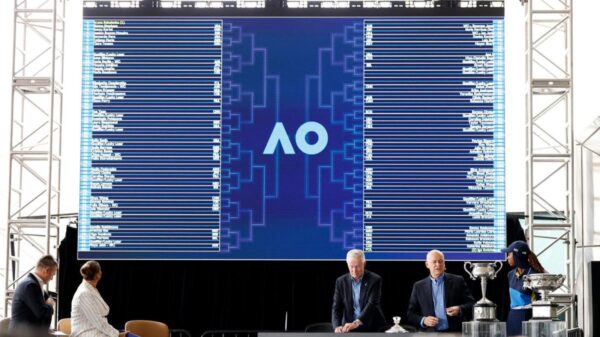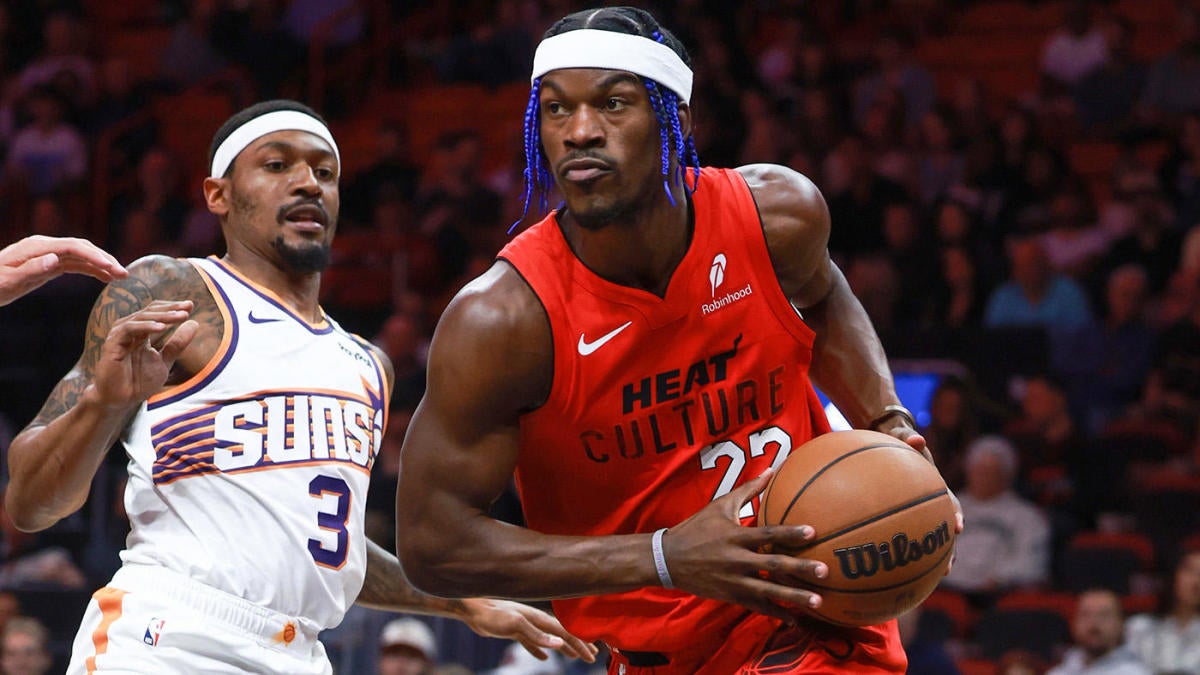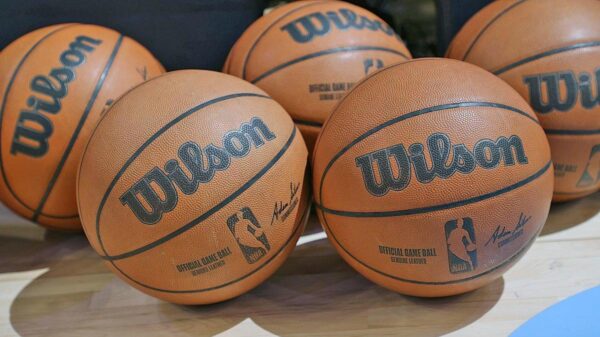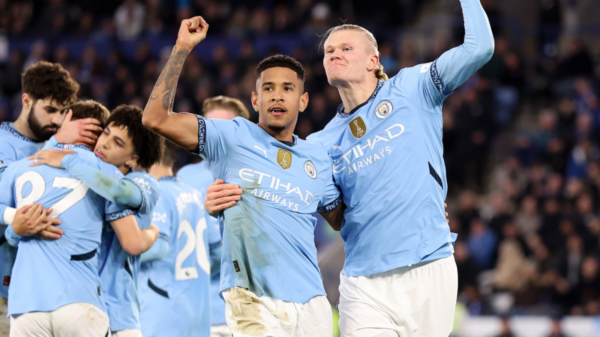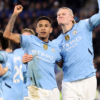It certainly seems as though Jimmy Butler has his heart set on joining the Phoenix Suns. He wouldn’t be the first recent superstar to prefer them as a destination. Chris Paul maneuvered his way to Phoenix when he was with the Oklahoma City Thunder. Kevin Durant followed a few years later when his time with the Brooklyn Nets was coming to an end. Bradley Beal had a no-trade clause with the Washington Wizards in the summer of 2023, and he used it to ensure that he landed with the Suns.
But Butler’s path to Phoenix is significantly more complicated than all of theirs. For starters, the Suns have far fewer assets to work with in a possible Butler deal than they did in landing those other stars. They had easily movable matching salaries as well. They don’t this time, as a Butler deal would have to include Beal, who still has that pesky no-trade clause. And even if the Suns could sidestep that problem, the CBA is much harsher today than it was when Phoenix has gone star-hunting in the past. The Suns are a deep second-apron team now. The rules make a Butler trade much harder. Finding a deal that would satisfy the Heat would be hard enough. Finding one that satisfies the Heat, Beal and the rules feels almost impossible.
That puts Butler and the Heat in a bit of a standoff. According to Chris Haynes, a few teams have been told not to pursue Butler via trade. Reportedly among them were the Memphis Grizzlies and Milwaukee Bucks. Butler is trying to steer the ship toward Phoenix, and, well, it makes sense that he would do so. It’s early January. He has time to pursue his desired outcome before the Feb. 6 trade deadline. Will he be quite so strict as the deadline ticks closer? Remember, Damian Lillard pushed for the Heat and only the Heat when he was up for a trade in 2023. As training camp grew closer, he eventually proved amenable to a deal with the Bucks. If the Suns prove unable to construct a satisfactory deal, Butler may need to compromise similarly.
So below, we are going to construct five legal Butler deals that make some degree of sense. Two of them will be Hail Mary Phoenix deals that attempt to find teams who could be convinced to take on the Beal contract (and that Beal himself might consent to joining). The next three will be compromises on Butler’s part, perhaps not the team he originally wanted to join, but destinations that give him a chance to compete for a championship and prove that he deserves the contract extension the Heat won’t give him.
Trade 1: Butler gets to Phoenix with a surprise helper
OK, I’m sure you have a lot of questions. I’ll start with the obvious that I doubt Houston would want to mess with its breakout season with a deal of this magnitude, so don’t get the impression that I think this trade is realistic. I’m merely going to argue for the logic behind it.
Houston’s long-term trade goal, based on its acquisition of Suns picks in 2025, 2027 and 2029, seems to be extracting Devin Booker out of Phoenix. Owning future Suns picks is critical in that endeavor because should Booker ever seek a trade, the Suns would want to get the ability to tank back, much like the Nets did when they traded Mikal Bridges last summer. Therefore, the long-term appeal here for the Rockets would be to continue squeezing future draft capital out of the Suns. Think of them as a predatory lender here. They know the Suns are desperate, so they’ll help them out in the short term in exchange for an enormous long-term price. Phoenix will have to pay off the interest eventually, but for now, the Suns get their man.
But there’s also a short-term motivation for the Rockets as well. Houston’s offense is ranked 11th overall but 29th in the fourth quarter. Why? Well, it’s pretty straightforward. There isn’t a star-level shotmaker on the roster. Houston’s offense works on balance, athleticism and scheme for three quarters, but when things get tight late, they just don’t have anyone who can make tough shots. Can Beal still do that? Well… it’s hard to say. That’s been his skill set for 13 NBA seasons. He hasn’t held up his end of the bargain for the Suns, but he’s also on a roster with two other scorers (Booker and Kevin Durant) who do that better than him.
In Houston, he’d be joining a team that can cover all of his weaknesses and allow him to serve as a No. 1 scorer again. You’d have to imagine that would appeal enough to him to get him to drop his no-trade clause. Houston would need him to waive it completely, not just accept this deal, in order for a trade to be viable. After all, the Rockets would need Beal’s contract available to them to one day send back to Phoenix as the matching money in their dream Booker trade, or some other longer-term star play.
Even if they didn’t wind up trading him a second time, his contract wouldn’t be especially onerous to them. If you assume they are currently planning to pick up VanVleet’s team option for next season, it’s really only one extra year, and Beal would come off of the books before Amen Thompson’s likely rookie extension kicks in. It would be a tight squeeze for the 2026-27 season with new Jabari Smith Jr. and Tari Eason deals kicking in, but it would be doable.
So the question for the Rockets then becomes, would you rather have Beal or VanVleet? This falls apart because the answer is probably VanVleet. After all, if they’d wanted more of a scorer in that slot, they could’ve just signed James Harden in 2023 free agency. They sought out VanVleet for his low-maintenance style and defensive toughness in addition to what he could bring to their offense as its point guard. Beal isn’t Harden, but he doesn’t bring the same intangible qualities to a team that VanVleet does, and the Rockets would obviously be justified in protecting the culture they’ve built. They don’t have to risk anything at this deadline. They already have a very good team and plenty of future assets. They’d have to view Beal, who is less of a playmaker as well as a defender, as a meaningful upgrade over VanVleet to justify this. Odds are, they wouldn’t.
And then there’s the Miami component of this deal. The return here is pretty sparse, somewhat reminiscent of the return San Antonio once got for Kawhi Leonard: a cheap, young role player and a well-paid but inferior veteran. Is Butler going to make life uncomfortable enough for them to consider this? It’s hard to say. Both Dunn and VanVleet fit Miami’s culture to a tee, though, even if the Heat would be one of the NBA’s smallest teams if they were suddenly giving major minutes to VanVleet, Tyler Herro and Terry Rozier.
So, all in all, this feels pretty far from plausible. But there is logic behind it, though. It would be an enormous risk on Houston’s part, but with a potentially bigger payoff. If Beal could make their fourth-quarter defense viable, the Rockets might have a real shot at a deep playoff run in the Western Conference.
Trade 2: Butler gets to Phoenix with a more predictable helper
The Pistons would have a much easier time talking themselves into the Beal contract. They’re in the midst of a breakout season of their own, but with Jaden Ivey now out for quite some time, they could use another shot-creator to keep the good times rolling. Detroit is the only NBA team with meaningful cap space, so making the money work immediately isn’t an issue. Detroit might not be especially eager to pay the last two years on Beal’s contract, but aside from Cade Cunningham, they just don’t have many long-term expenditures preventing them from doing so. If there’s a team in the NBA with books clean enough to absorb Beal, it’s probably Detroit.
The major drawback here is Beal’s no-trade clause. Players tend not to be especially enthused about heading to Detroit, and even if the Pistons are ascending, they’re far from a championship contender. How would the Suns or Pistons convince Beal to trade Durant, Booker and Arizona winters for Cunningham and snowstorms? Houston would offer an obvious appeal to Beal. There’s just no good reason to think Detroit would.
And Miami’s return in this deal is even worse than it was in the Houston arrangement. VanVleet is at least a former All-Star and still a high-end starter. Harris and Hardaway are… decent reserves on a good team? It doesn’t help that the Heat already have players who do what they do. They don’t need a “put the ball on the deck” scoring forward because Jaime Jaquez does that, and they don’t need a shooting forward because they have Nikola Jovic and Duncan Robinson. Hardaway wouldn’t have many shots available to him with Herro and Rozier in place. Dunn would have to be enough of a return to make this work. In fairness, Dunn has the chance to be quite valuable. Role players with viable 3-and-D skill sets are worth their weight in gold, and Dunn is locked into three more cheap seasons on his rookie contract. Teams just rarely want to trade stars for role players.
This is the standard sort of “someone takes Beal” arrangement the Suns would need to make in order to land Butler, and the problems we’ve laid out are evidence of how hard this is going to be for them. They’d have to give up their last tradable first-round pick just to get someone to take Beal, and most of the teams who’d even consider such an arrangement wouldn’t hold any appeal to him. Even if both of those boxes are checked, you’re asking the Heat to trade a Hall of Famer for a rookie who couldn’t shoot as recently as nine months ago. As badly as Butler might want to get to Phoenix, it just isn’t likely, so let’s consider a few of the alternative options he might have to embrace by February.
Trade 3: Butler partners up with Dame after all
First thing’s first: credit for this creative deal construction goes to ESPN’s Bobby Marks. This trade is very nearly illegal. The Bucks are a second-apron team, so they are not allowed to aggregate salaries in a trade. In other words, in their current position, they’d have to give someone up who makes more than Butler for a deal to be legal. On their current roster, that is just Lillard and Giannis Antetokounmpo, who are both obviously not moving in this sort of deal. Marks skirts that restriction, however, by looping in the Pistons. If Detroit takes on Connaughton in this deal, that would take the Bucks below the second apron altogether and, therefore, allow them to aggregate salaries to bring back Butler.
They’re paying a potentially meaningful price for that privilege here. Not only do the Pistons get a second-round pick out of this arrangement, but we’re also sending them secondary swap rights on Milwaukee’s 2030 first-round pick. What are secondary swap rights? Well, they’re exactly what they sound like. The Bucks already owe the Trail Blazers swap rights on their 2030 first-round picks, but in this deal, the Pistons would gain the right to swap picks with the Bucks after the Blazers have done so (or chosen not to).
So that’s the legalese. What about the basketball? In the short term, it’s a no-brainer for the Bucks. As tough as it would be to give up multiple players for one, given their depth issues, Butler is such an enormous defensive improvement over Middleton at this stage that this swap could potentially make their currently broken defense viable in the playoffs. Sure, Lillard is still a liability on that end of the floor, but if the other four players are Antetokounmpo, Butler, Brook Lopez and Andre Jackson? That team is still getting swaps. Butler isn’t the shooter that Middleton is, but imagine having him as the tertiary creator on an offense with two other Hall of Famers. Even if the fit isn’t ideal, the talent is so overwhelming that the Bucks would score plenty. These are not the Suns. You don’t necessarily need three offensive stars to fit perfectly on offense to thrive so long as they do different things. Butler, Lillard and Antetokounmpo all do.
As I’ve covered extensively, future Bucks picks are extraordinarily valuable. The Heat probably want to get back into the star acquisition market as quickly as possible without Butler, and this Bucks pick would give them a great bargaining chip to use in those negotiations. Middleton isn’t his old self. He could help the Heat now in a smaller role. So could Portis, though his skill set overlaps with existing Heat players, so it wouldn’t be terribly surprising to see the Heat try to flip him. Miami ostensibly wants to try to win post-Butler rather than rebuild. They could at least talk themselves into a trade like this helping on both fronts, netting them two veterans and a draft pick that could prove quite useful later on. They’d likely prefer not to pay Middleton or Portis next season, and both have player options, but they could at least serve as matching salaries in whatever deal comes next for the Heat.
Trade 4: Butler fulfills his grit-and-grind destiny
The Grizzlies don’t have quite the same late-game offensive issues that the Rockets do, but their issues have sustained over a longer period. Memphis ranks 17th in fourth-quarter offense this season, and it ranked 29th when it was the No. 2 seed in the 2022-23 season. More pertinently, the Grizzlies have spent years searching for the right wing. Justise Winslow was a miss. Ziaire Williams was a bigger one. Jaylen Wells has been a pleasant surprise as a second-round pick this season. Vince Williams was last year, though he hasn’t been healthy yet this season. Bringing either of them into a series with the Thunder as a starter would be like bringing a butter knife to a gun fight.
The Grizzlies are maybe the deepest team in the NBA, but they don’t have the top-end talent to compete with the Thunder or the best teams in the Eastern Conference quite yet. Butler could solve all of these problems. Even if a starting lineup of Butler, Ja Morant, Jaren Jackson Jr., Desmond Bane and Zach Edey is a bit light on shooting, it comes with five players capable of creating their own looks in unique ways and, therefore, leveraging their own skill sets into easier looks for everyone else. Memphis may not be the deepest team in the NBA anymore, but it would have more than enough leftover depth to survive a playoff run.
Beyond all of that, there’s the reality that Oklahoma City is going to be favored over whoever it plays in the West. There are two good ways to play for an upset. The first is to shoot a million 3s and hope you make enough of them. That is not now, nor will it ever be, this Grizzlies core. The other way is to ugly things up. Butler has plenty of experience doing that as an underdog. The Boston Celtics still have nightmares about what he’s done to them in the playoffs. If your goal is to make a younger, less experienced opponent uncomfortable under the bright lights, Butler is your man.
The obvious bugaboo for the Grizzlies is money. Morant and Bane are locked into long-term deals, but Jackson needs a new contract after the 2025-26 season. That would overlap with a possible Butler extension, and the Grizzlies just aren’t in a position to pay four players close to max salaries. This would have to be a short-term arrangement. Would he be comfortable with that? And would the Grizzlies be comfortable sacrificing the lineup flexibility Clarke, one of the NBA’s more versatile big men, affords them?
This would be a volume package for the Heat. Clarke would be a very interesting front-court partner for Bam Adebayo, potentially starting alongside him while also working well next to rookie Kel’El Ware in bench lineups. Kennard is redundant on a team with Robinson, but Smart, if he can ever get healthy, seems tailor-made for Heat Culture. The Grizzlies don’t have any premium picks to offer as the Bucks do, so they offer two instead of one to seal the deal. The Heat would have to clear a few roster spots to make this work, but that’s almost always doable. Alec Burks and Josh Richardson are obvious trade candidates if Miami needs to dump a player or two.
Trade 5: Butler heads West
The Warriors reportedly weren’t interested when the Butler sweepstakes began earlier in the season. Could that change? Steve Kerr has openly acknowledged that Stephen Curry is struggling with all of the losing going on in Golden State right now. Who could blame him? He’s well on his way to another All-NBA selection, but he’s playing on a team that doesn’t even have another scorer averaging 17 points per game. Buddy Hield was supposed to be his replacement Splash Brother with Klay Thompson in Dallas. He shot over 44% on 3s in October and November, but has fallen below 32% in December and January. Nobody else on this team can score. Butler could change that.
Getting him would mean sacrificing Kuminga, the last vestige of Golden State’s ill-fated “two timelines” venture. Would that be so much of a loss for them? He certainly has untapped potential and elite athletic traits. He’s also never quite fit into Steve Kerr’s motion offense. He might need a new team to realize his potential. Even if he did it for the Warriors… so what? There’s so little left in the cupboard after Curry and Draymond Green age out of their prominent roles that it’s not as though Kuminga would be able to keep them in contention alone. There might just not be a fit for him on a team that’s (correctly) justifying the end of Curry’s prime.
Would Butler fit next to Curry and Green? Miami’s egalitarian system is about as close to Golden State’s as any in the NBA, so he is certainly used to moving off of the ball. You’d run into a bit of a spacing issue playing Butler, Green and a traditional center together, but, well, you’d also have Stephen Curry, which does a lot of the heavy spacing lifting on its own. The Butler-Green pairing in pick-and-roll would probably start out clunky. Nobody is blitzing Butler out of pull-up 3s like they do Curry, but these are two of the smartest forwards in basketball. They could figure out their own workable two-man game. Unlike Kevin Durant, Butler is more than comfortable screening. He and Curry could develop a devastating two-man action. Butler and Green as a locker room partnership seems… combustible. At least it would be just as frustrating for opponents.
What are the Warriors really accomplishing by standing still? Forget about what they owe Curry in his twilight, what do they gain out of their current mediocrity? They’re treading water right now. Whether it’s Butler or someone else, the Warriors need to do something. Butler just happens to be the best player available.
Why are the Bulls in the deal? Because the Wiggins-Kuminga-Schroder package comes up just a hair short financially, so we sought out a team that could take on Payton and send back a replacement for Schroder as backup point guard. Jevon Carter is underutilized in Chicago, but he’s playable in small doses. The Warriors have enough tradable cash left to cover the difference in their salaries, and the Bulls pick up a second rounder for their trouble.
This deal isn’t netting the Heat major draft capital, but it gives them a chance to develop the sort of athlete they rarely have access to where they draft. Miami is used to turning undrafted free agents into key pieces. Just imagine what the Heat could do with Kuminga’s talent. If there’s still star-level upside in there, the Heat are the team to find it. In the meantime, Wiggins and Schroder are perfectly serviceable role players as they attempt to win post-Butler.
Read the full article here

